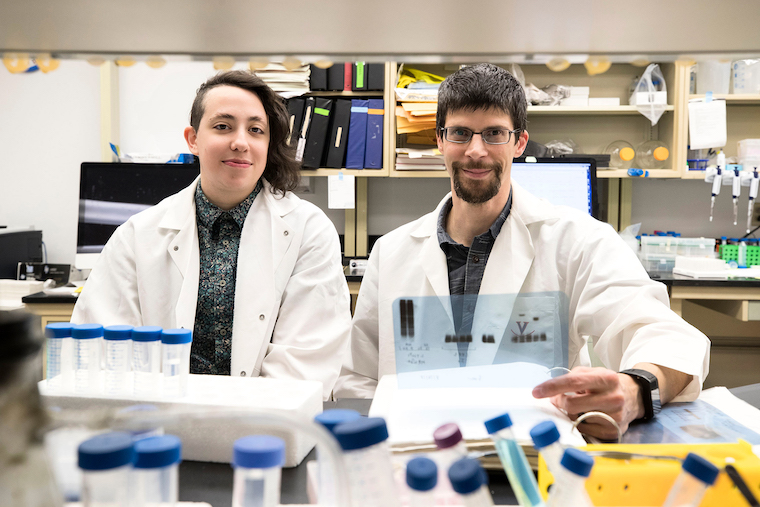A clinical trial based on one of our discoveries suggests that a common antidepressant may be able to keep patients with COVID-19 out of the hospital.
The trial, conducted by Washington University School of Medicine in St. Louis, found that fluvoxamine appears to prevent COVID-19 infections from worsening.
None of the 80 outpatients who received fluvoxamine in the trial became seriously ill after 15 days, while six patients who received placebo did. Of those six, four were hospitalized, for periods ranging from four to 21 days. One was on a ventilator for 10 days.
The trial had 152 participants in total. That's relatively small, but the results warrant further investigation, the researchers concluded. They plan to launch a larger trial soon.
The trial was based on research by our Alban Gaultier, PhD, and former graduate student Dorian A Rosen, PhD. They found last year that fluvoxamine might stop sepsis, an often deadly overreaction of the immune system. The drug reduced the production of cytokines, which have been linked to potentially deadly “cytokine storms” thought to occur in severe cases of COVID-19.
“Because elevated cytokines levels have been associated with COVID-19 severity, testing fluvoxamine in a clinical trial made a lot of sense to us,” said Gaultier, of our Department of Neuroscience and its Center for Brain Immunology and Glia (BIG). “We are still unclear about the mode of action of fluvoxamine against SARS-CoV-2, but research is under way to find the answer.”
The Washington University team noted that recent research has raised questions about whether cytokines are actually playing important roles in COVID-19 deaths. If not, the researchers say, fluvoxamine may be having beneficial effects by some other mechanism not yet understood.
“There are several ways this drug might work to help COVID-19 patients, but we think it most likely may be interacting with the sigma-1 receptor to reduce the production of inflammatory molecules,” said Washington University’s Angela M. Reiersen, MD. “Past research has demonstrated that fluvoxamine can reduce inflammation in animal models of sepsis, and it may be doing something similar in our patients."
